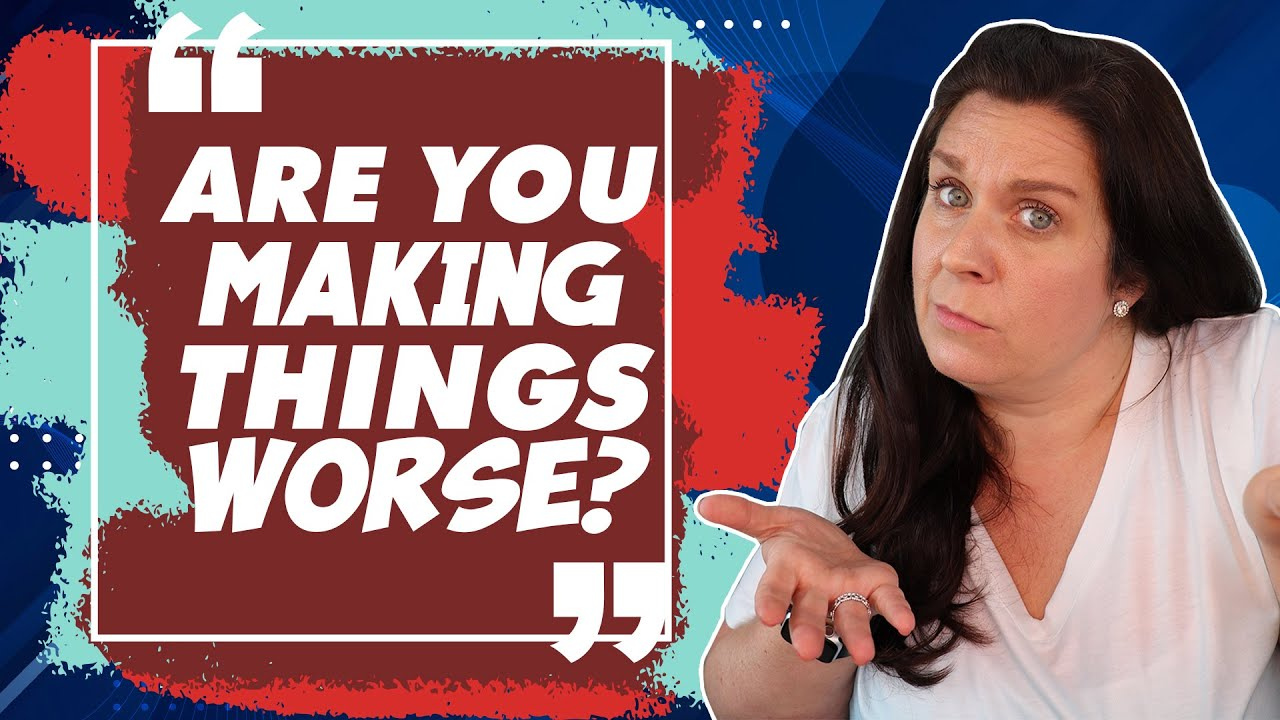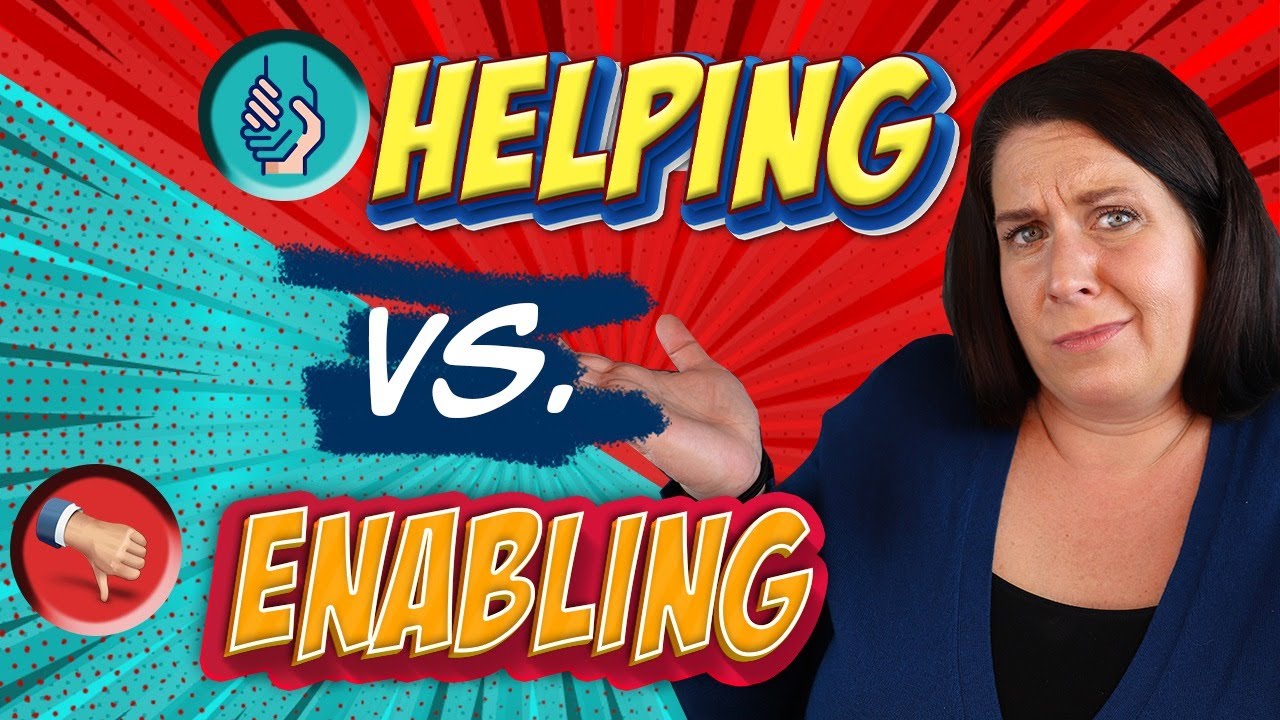Are You Sabotaging Your Loved Ones' Chances Of Recovery From Drug Or Alcohol Addiction?
Could you be inadvertently sabotaging your loved one's chance at getting sober? As a counselor, there are a few ways that I regularly see family members do that can undo all the work the counselor is doing to help a person trying to find sobriety.
Families, I'm about to call you out here, but before I do, let me say I've done every one of these. As I said, we don't inadvertently do these things. We're not trying to sabotage their recovery in any way. The things that we say are natural things to say. When you say these things, it can be counter-productive. Not only is it not helpful, it is also pulling everything in the wrong direction.
1. Negative forecasting. Maybe you have it in your head that your loved one can never get better. Perhaps you have it in your head that your loved one can never get better. I get why you'd want to do this. Negative forecasting is like making future predictions that the person's going to fail or it's never going to work. Let's look at some different ways this might show up.
The problem is if you have that in your head, you're sending those messages out. You're probably looking for evidence that fits your theory, and because you're looking for that evidence, you're probably accidentally reinforcing that evidence. Even if you're not saying it directly, you're not very hopeful that the situation can get better.
The second way this shows up is when you're constantly reminding your addicted loved one about their failures. You do this because you want them to see, " Hey, you've tried that, and it didn't work. When you constantly remind them of their failures, guess what gets implanted in their brain? They believe they are never going to get better. How can they get better if they can't even imagine themselves getting better?
2. Another way that families sabotage people trying to get sober is they're constantly reminding them that it's genetic or that it's a disease. You're trying to have empathy and make them feel less shameful. In some ways, it's another form of sending messaging that says you can't help this. You're doomed. You're cursed with these genetics or this disease.
3. A common way that I see families sabotage is by asking, "So what's going to be different this time, or what are you going to do differently?" As you can see, the question comes across as sarcastic, like yeah, yeah, yeah. I heard it all before; same old story. Nothing's ever going to change. Instead of saying something like this, maybe what you could do is you could find what's different this time.
Sometimes with a client, I might say something like, "you know what? You have more conviction in your voice this time than I have heard in the past."
What I'm doing then is I'm sending a message of "Hey, I'm hearing something different this time. I think this time is going to have a different outcome." When you can plant those kinds of seeds in someone's mind, you're setting in motion positive changes that can happen.
Everything you say and every way you interact has an effect, and it's pulling in one direction or the other. Not only that, but when you say these things negatively to your loved one, they will feel defensive.
They're probably going to respond to you negatively, reinforcing your negative belief about what the outcome will be. Can you see the cycle here?
You can positively reinforce that change, even if they've tried it a million times. If the person's still alive, they're still in the game.
Now, if you struggle with some negative thinking, don't worry, it's natural, and pretty much anyone in your situation would think and feel the same way. Albeit not very productive.
Try to replace some of these negative thought patterns with positive strategic steps, and you're bound to see some positive movement for your family.
Amber Hollingsworth
More videos on helping an addicted loved one:
Is Someone Else's Addiction Controlling Your Emotions?
How To Be Kind To Someone With An Addiction Without Enabling
Are you tired of arguing with your loved one about their addictive behavior?
Motivation Masterclass is designed to teach you the highly effective motivational techniques addiction counselors use when working with people in denial.
Get Access to the Motivational Masterclass



